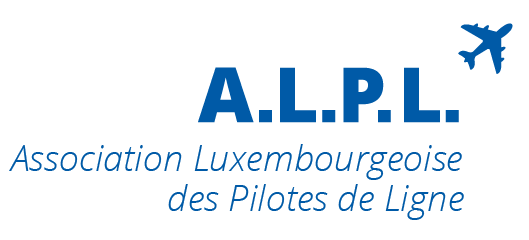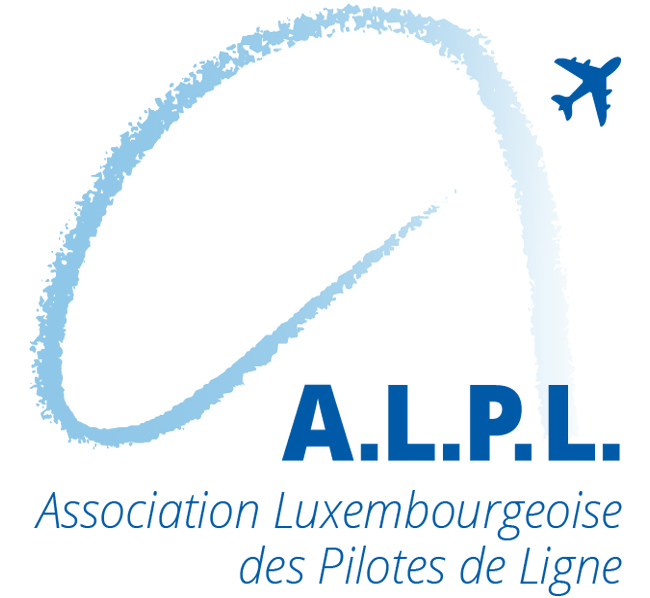With the provisions of EASA ‘Rule Making Task.0700’(RMT.0700) about to find their way into EU legislation sometime this year, operators, regulators and other stakeholders will face a number of challenges, especially when it comes to proper implementation of the provisions related to Pilot Support, especially Peer Support.
The currently anticipated deadline for implementation of 24 months should in theory give ample time for both operators and regulators to prepare, especially considering that principles surrounding Peer Support Programmes have been known and actively promoted for the last 18 months.
Before we look closer at the challenges faced by the industry, however, we believe that we should congratulate the European Aviation safety Agency (EASA), the EU Member States and the EU for taking the bold step of mandating Pilot Peer Support and defining clear standards based on industry best practices.
It is an important point to note that medical and safety experts do not expect that the implementation of a Peer Support Programme – nor any of the other measures proposed in ‘RMT.0700’– can guarantee that a «black swan» event like the Germanwings tragedy will never happen again. However, they are convinced, as we are, that with a Pilot Peer Support Programme we have the tools at our disposal to collectively address safety hazards related to mental health issues, such as caused by life- and job stresses, fatigue, and/or substance dependency and abuse. Pilot Peer Support Programmes are considered to give the best possibility that pilot’s mental health problems will not reach a stage where psychiatric disorders or long-term unfitness occur, and the evidence from the few existing Peer Support Programmes supports this.
Nevertheless, a number of challenges need to be overcome before we will have effective Peer Support Programs running Europe-wide.




